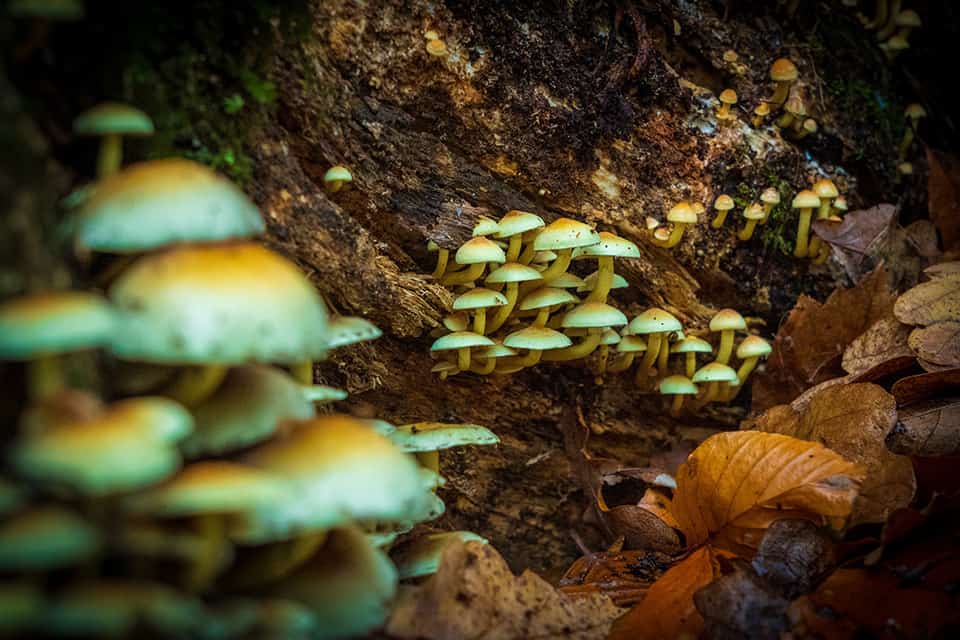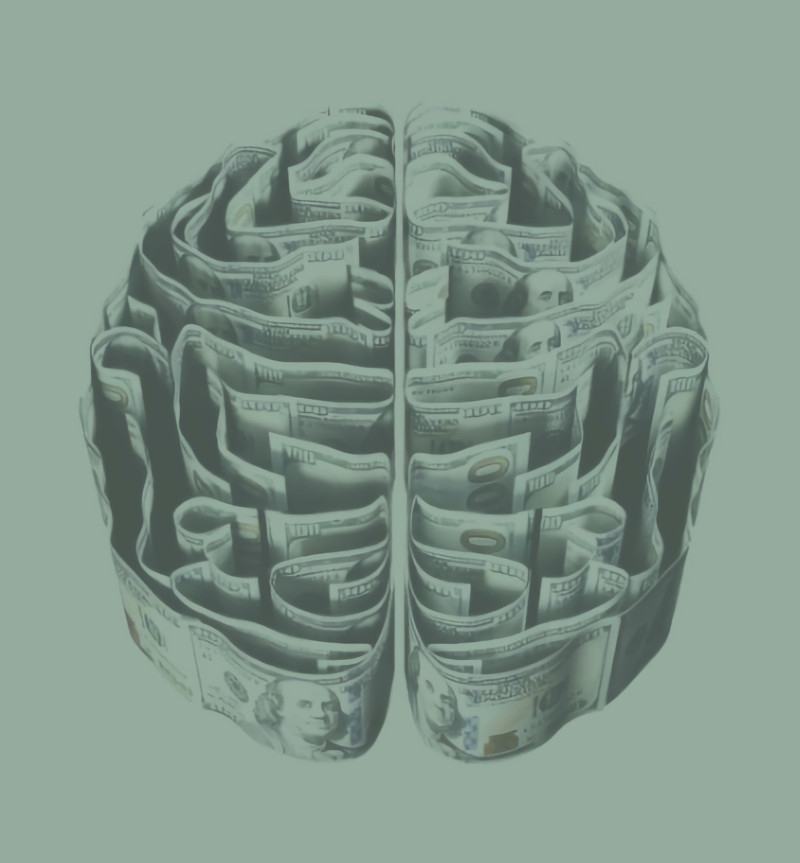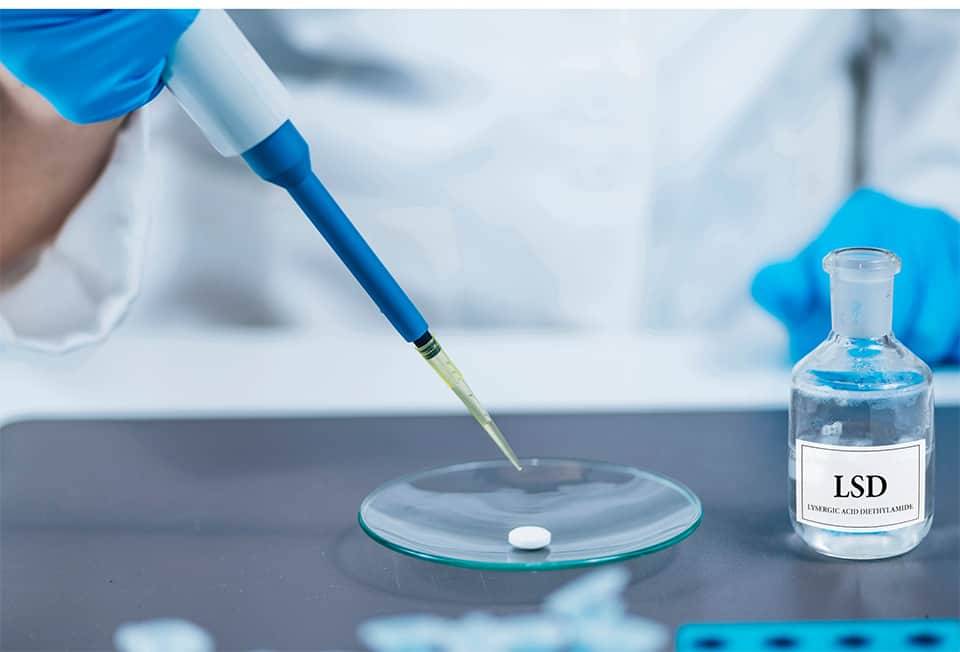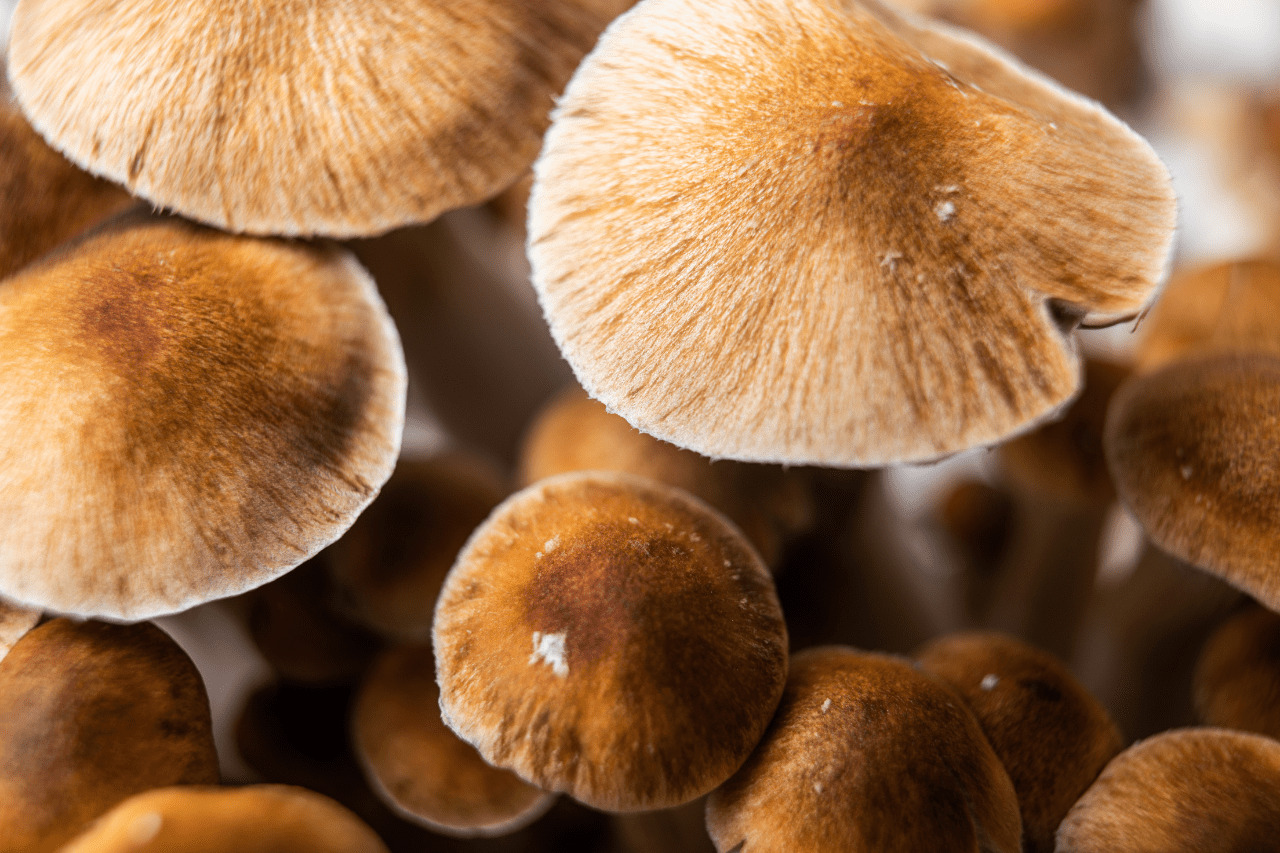
What are Lysergamides?
What are Lysergamides? They are a class of compounds structurally similar to lysergic acid, the parent compound in the fungus ergot. People have used
Throughout human history, psychedelics have been subjected to all manner of different labels, judgments, and stigmas.
For the largest portion of human history, psychedelics have been revered as holy and sacred. Psychedelic plant medicine has been a part of religious and spiritual rituals for many different cultures over several thousands of years.
As psychedelics entered Western culture, largely due to the development of LSD by Albert Hoffman in 1938 and its subsequent rise to popularity, they earned quite a different reputation. After spurring the hippie movement of the 1960s, psychedelics were quickly labeled problem substances and made illegal.
Nonetheless, enough scientific research had been done on psychedelics before they were made illegal to prove that they had some therapeutic and medicinal benefit. Unfortunately, their questionable legal status, as well as the large number of myths and wives’ tales regarding psychedelic dangers, led to these substances becoming taboo.
Nowadays, psychedelics are becoming decriminalized and legalized in many countries. Scientific research continues to discover more and more benefits to these substances, and it’s important that we dispel any of the myths about psychedelic use.
Here are a few of the most common psychedelic myths and the truth that really lies behind them.
Psychedelics are often lumped in with drugs overall, and since many drugs are addictive, psychedelics are often considered addictive as well. The reality is that very few psychedelic drugs are addictive or habit-forming.
Professor David Nutt, Professor of Neuropsychopharmacology at Imperial College London, speaks out against the United Nations, the FDA, and the Misuse of Drugs Act, all of which suggest that psychedelics are addictive.
He, and many other researchers, medical professionals, and addiction workers, agree that psychedelics are – if anything – anti-addictive. They are known to produce positive insights that can help people overcome addictions and work through the underlying emotional or traumatic challenges that led to addiction in the first place.
There is a strong link in the public mind between psychedelics and schizophrenia, although this is simply one of the many misinformed psychedelic metaphors out there. Because of the hallucinogenic nature of psychedelics, many people were quick to consider the possibility that psychedelics were inducing a state similar to that of the hallucinogenic disorder: schizophrenia.
While psychedelics may increase psychotic behavior in people who are already prone to psychosis, they do not produce these effects on their own. For the most part, the changes that psychedelics tend to produce in the human mind are positive.
There are several different ways that you can consider the word dangerous. Something physically dangerous puts you at risk of bodily harm or injury. Something emotionally or mentally dangerous puts your cognitive or emotional health at risk.
By and large, psychedelics are not dangerous in either sense. They do not cause overdoses, even at extremely high doses, and they do not lead to physical health problems – even with chronic abuse.
A lack of proper preparation, as well as ignorance, can lead to dangerous situations involving psychedelics. For example, if someone drops acid atop a mountain for the first time without any communication devices, they could very well put themselves in danger. But this isn’t the fault of the psychedelic, rather, it’s the fault of the user’s negligence.
When psychedelics are administered safely in a controlled setting, they are extremely unlikely to cause harm to anyone physically or mentally. Even when used recreationally with proper caution, they are not likely to cause danger.
For many years, this was actually true. For most of human history, psychedelics amounted to plant medicine concoctions that were used in rituals and ceremonies to connect people to their gods or to invoke certain states of consciousness.

Nowadays, however, there are many synthetic psychedelics. LSD is the most popular synthetic psychedelic, and it is largely the drug most responsible for leading the psychedelic movement of the 60s.
Despite being synthetic, LSD shares a similar safety profile as most other natural psychedelics. In other words, it’s not going to cause physical or mental damage to you even when taken in large doses.
That said, there have been a number of psychedelics developed since the invention of LSD that are, indeed, quite dangerous. It’s important to do your research before experimenting with lesser-known psychedelics. Conventional psychedelics like LSD and psilocybin are quite safe, but newer drugs like BROMO-DragonFly and other such research chemicals, are relatively untested and some are proven to be toxic.
There are several variations of this myth.
One myth says that LSD gets permanently stored in the spinal fluid of the human body, where it remains and can be detected for the rest of an individual’s life. The myth further goes to suggest that this LSD can be released at random, at any point during someone’s life, putting them into an extreme or unpredictable trip.
It is possible for some people to experience LSD flashbacks, but this isn’t because the drug is being released into the brain from some long-stored space in the body. LSD is actually broken down and metabolized quite quickly by the human body. Researchers are still uncertain as to what causes flashbacks.
The other aspect of this myth is the suggestion that nobody can become a licensed pilot after they have done LSD. This myth suggests that people can be tested for LSD prior to receiving their pilot’s license. Since it remains stored in the body, their test will detect it and they will be barred from flying.
While it’s possible to experience flashbacks in the future, which could interfere with flying, the incidence of flashbacks is quite low.
With the increasing popularity of psychedelics, it’s important that we learn to dispel fact from fiction. There are many myths surrounding the use of psychedelics. Learning the truth that lies behind these myths allows us to move forward with psychedelic research accurately.

What are Lysergamides? They are a class of compounds structurally similar to lysergic acid, the parent compound in the fungus ergot. People have used

Psilocybin has gone from a mind-bending 1960s drug that was swept under the rug for decades, to its place today as a respected and promising

The worlds first brain scan on LSD. LSD and other psychedelic substances have been engulfed in a deep pool of taboo for decades. There has

The best books on microdosing may not be what you think. Psychedelic substances have been ostracized from society for many decades. They get a bad

Microdose psychedelics has become an extremely popular way to boost performance in high-pressure occupations like software coding. Also, individuals who suffer from mental health conditions

Another Stamets blog. Are you really that surprised? At Journey, we really cannot get enough of this walking legend! Public speaker, researcher, climate change activist,
GET 10% DISCOUNT WITH NOTIFIED ABOUT THE LATEST NEWS AND UPDATES. NO SPAM, WE PROMISE!
FREE Tracked shipping on orders over €250 to EU countries.
Monday- Friday 8.30am- 5pm (CET)
A range of options available
Guaranteed delivery or your money back